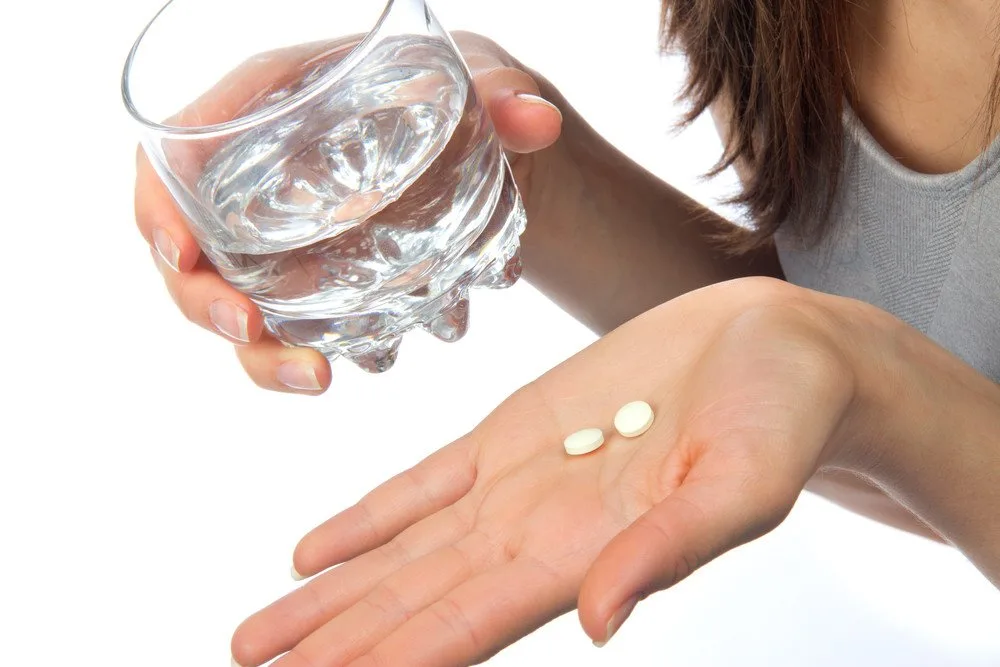Newswise — Inflammation is an essential part of the body’s healing process. But when it persists, it can contribute to a wide range of complex diseases . These include type 2 diabetes, heart disease, and autoimmune diseases.
Now, world-first genetic research from the University of South Australia shows a direct link between low levels of vitamin D and high levels of inflammation. This new data provides an important biomarker to identify people at higher risk of or severity of chronic illnesses with an inflammatory component.
Inflammation can be good and bad
The study examined the genetic data of 294 ,970 participants. The data was sourced from the UK Biobank, using Mendelian randomization to show the association between vitamin D and C-reactive protein levels, an indicator of inflammation.
Lead researcher, UniSA’s Dr Ang Zhou, says the findings suggest that boosting vitamin D in people with a deficiency may reduce chronic inflammation.
“Inflammation is your body’s way of protecting your tissues if you’ve been injured or have an infection,” Dr Zhou says.“High levels of C-reactive protein are generated by the liver in response to inflammation, so when your body is experiencing chronic inflammation, it also shows higher levels of C-reactive protein.
“This study examined vitamin D and C-reactive proteins and found a one-way relationship between low levels of vitamin D and high levels of C-reactive protein, expressed as inflammation.
Vitamin D can reduce inflammation
“Boosting vitamin D in people with deficiencies may reduce chronic inflammation, helping them avoid a number of related diseases.”
The study has been supported by the National Health and Medical Research Council and published in the International Journal of Epidemiology.
It raises the possibility that having adequate vitamin D concentrations may mitigate complications arising from obesity and reduce the risk or severity of chronic illnesses with an inflammatory component, such as CVDs, diabetes, and autoimmune diseases.
When we need more Vitamin D
Senior investigator and Director of UniSA’s Australian Centre for Precision Health, Professor Elina Hyppönen, says these results are important and provide an explanation for some of the controversies in reported associations with vitamin D.
“We have repeatedly seen evidence for health benefits for increasing vitamin D concentrations in individuals with very low levels, while for others, there appears to be little to no benefit.” Prof Hyppönen says.
The final take out
These findings highlight the importance of avoiding clinical vitamin D deficiency, and provide further evidence for the wide-ranging effects of hormonal vitamin D.



![women [longevity live]](https://longevitylive.com/wp-content/uploads/2020/01/photo-of-women-walking-down-the-street-1116984-100x100.jpg)










